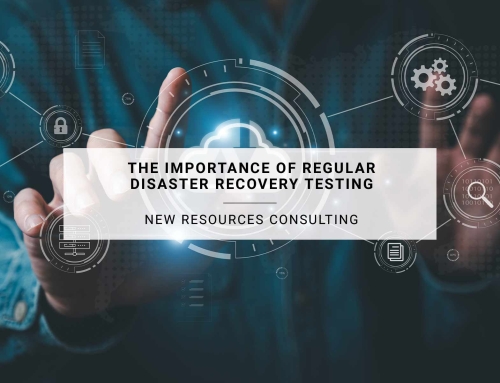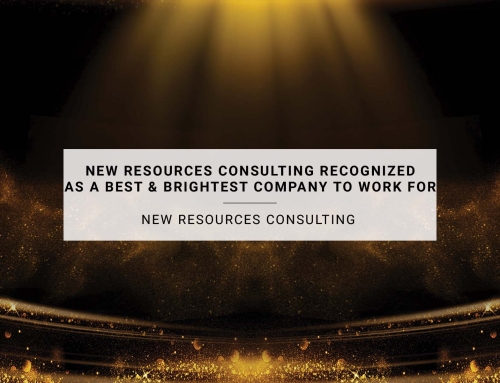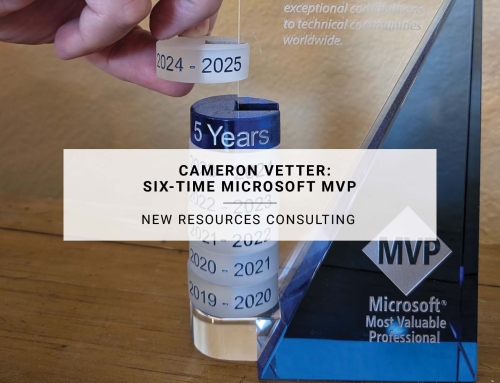In the fast-paced world of IT consulting, your resume is your first chance to make a strong impression on hiring managers. But with tech evolving rapidly and competition increasing, knowing what to include—and what to leave out—is essential. Here’s a friendly guide with key dos and don’ts to help your resume stand out, showcasing your expertise without overwhelming your audience.
The Dos
1. Keep it Focused and Concise
Hiring managers don’t want to sift through pages of information to find your skills and experience. Aim to keep your resume within two to three pages. Summarize each position to highlight the most relevant skills and projects and focus on key achievements. Being transparent and direct about the technologies you’re familiar with—and how long you’ve been using them—will make it easier for hiring managers to spot your strengths.
2. Prioritize Technical Skills and Certifications
Highlight your technical skills and certifications prominently, as they’re often a primary consideration for IT consulting roles. Group related skills together, like programming languages or software systems, and consider adding a “Technical Skills” section to showcase these at a glance. Additionally, if you hold certifications like AWS, Cisco, or Microsoft, list them with your experience level or years practiced. Within each role, make sure to outline the specific software, languages, and tools you worked with. This helps hiring managers see which skills you’ve used most recently, clearly showing your current technical capabilities.
3. Use Action-Oriented Language
Describe your experience with active language that demonstrates your impact on past projects. For example, phrases like “Led a team of 5 in developing a scalable application using Python and AWS” or “Enhanced system performance by 30% through optimized data management strategies” convey your accomplishments more powerfully. Mentioning the size of teams you have led helps hiring managers understand the scope of your leadership experience. Remember, hiring managers want to see where you made a difference, so don’t be shy about showcasing your results!
4. Tailor Your Resume for Each Role
Every consulting job has unique requirements, so tailor your resume to reflect the needs of each position. Emphasize the skills and experiences that match the job description and remove irrelevant information. This personalization shows your commitment to the role and helps hiring managers visualize you as the right fit. New Resources Consulting recruiters specialize in helping candidates align their resumes with specific roles and can provide expert guidance in tailoring your experience for maximum impact.
5. Make Use of Keywords
Many hiring managers and applicant tracking systems (ATS) use keywords to evaluate resumes, especially in IT. Incorporate relevant industry-specific keywords from the job description, like “cybersecurity,” “cloud computing,” “data analysis,” or “DevOps,” to ensure your resume aligns with the skills they’re seeking.
The Don’ts
1. Avoid Overly Long Descriptions
While it’s great to provide context, overly detailed descriptions can make your resume feel dense and more challenging to read. Brevity is key, so limit each bullet point to one or two lines. Focus on the outcome or impact of your work rather than exhaustive lists of responsibilities.
2. Don’t Skip the Summary Section
Some candidates leave out the summary, but this section is a valuable opportunity to create a snapshot of your skills, experience, and career goals. A well-written summary gives hiring managers a quick insight into who you are and what you bring to the table. Additionally, include relevant keywords and phrases that highlight your core expertise, so even if the hiring manager isn’t reading every detail, they can still get a clear sense of your strengths at a glance. A sentence or two about your experience, fundamental skills, and career focus can go a long way.
3. Avoid Generic or Outdated Information
In IT, things change quickly, and so should your resume! Avoid listing outdated software or mentioning tools that aren’t directly relevant to the position. Similarly, skip generic terms like “detail-oriented” or “hard-working” unless paired with a concrete example.
4. Don’t Use Unprofessional Formatting
While creativity has its place, IT consulting resumes benefit from clean, professional formatting. Use standard fonts and a consistent layout, with headers to organize sections clearly. Ensure your contact information is easy to find and double-check for consistency in font sizes and alignment.
Building an effective IT consultant resume is about showcasing your expertise while keeping things clear and concise. By following these dos and don’ts, you’ll be well on your way to creating a resume that captures your strengths and stands out to hiring managers.
Partnering with a recruiter brings added advantages to your job search. At New Resources Consulting, our recruiters provide expert feedback on your resume and act as advocates who help match you with the best opportunities for your unique skill set. With access to exclusive roles and insight into industry hiring trends, our recruiters support you every step of the way.
Consulting itself offers incredible benefits, too. From the chance to work on varied, high-impact projects to building expertise across multiple industries, consulting provides a dynamic career path that keeps your skills sharp and your opportunities growing. If you’re ready to take your consulting career to the next level, reach out to New Resources Consulting—we’re here to help you succeed in today’s competitive market!








